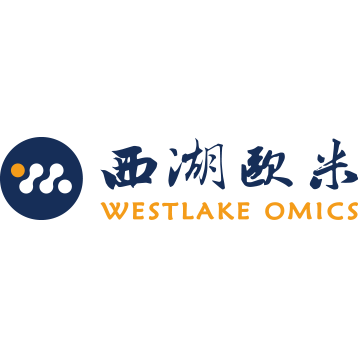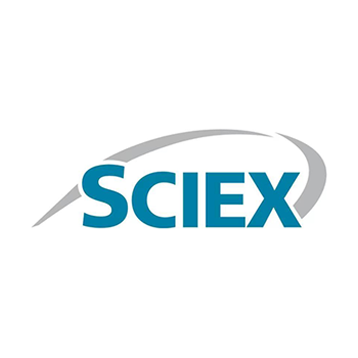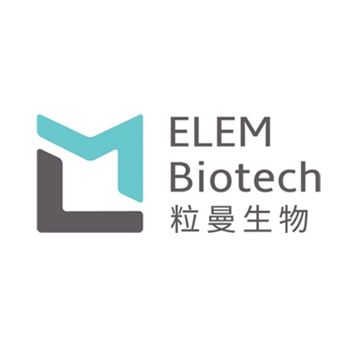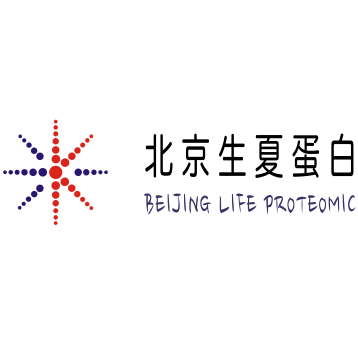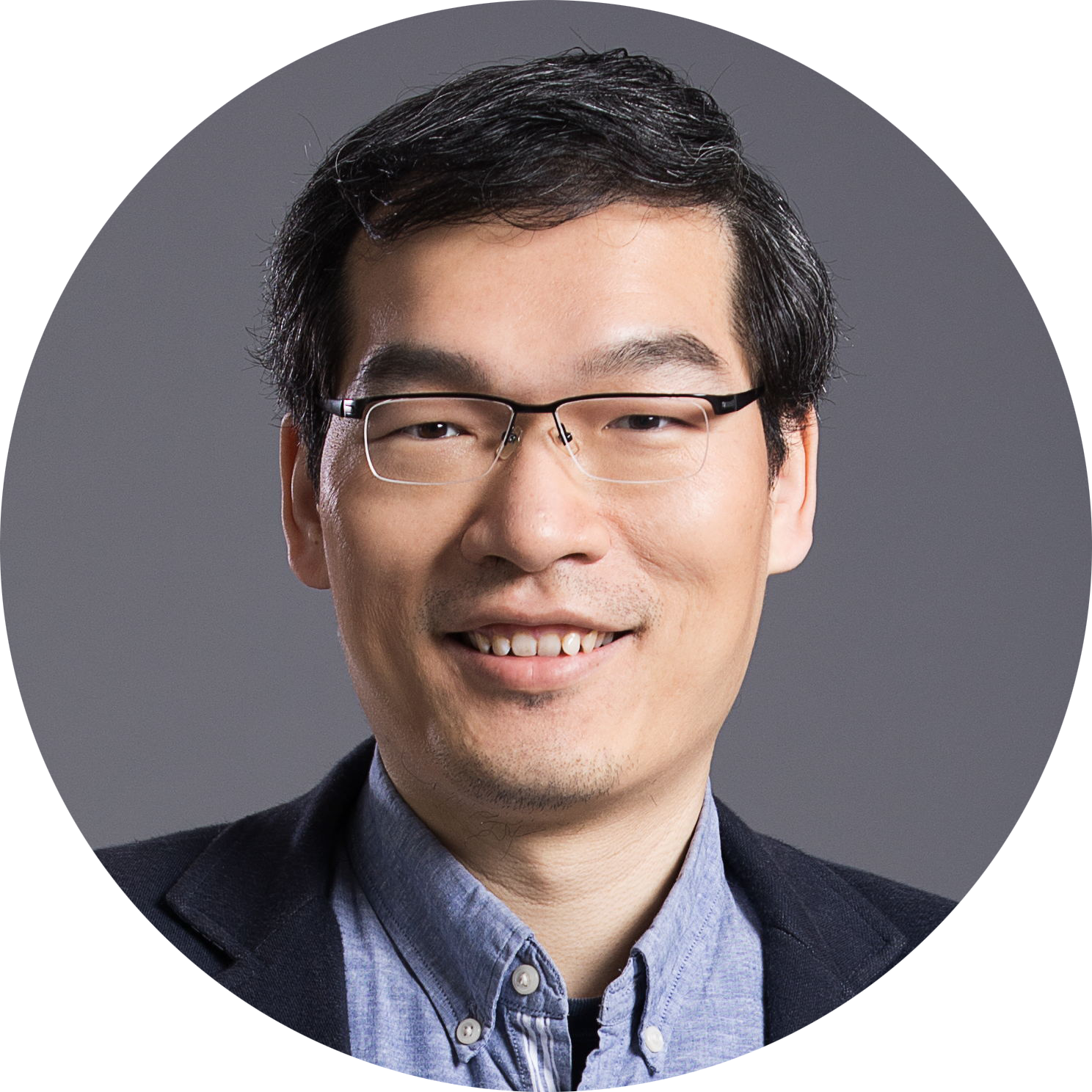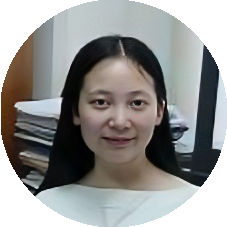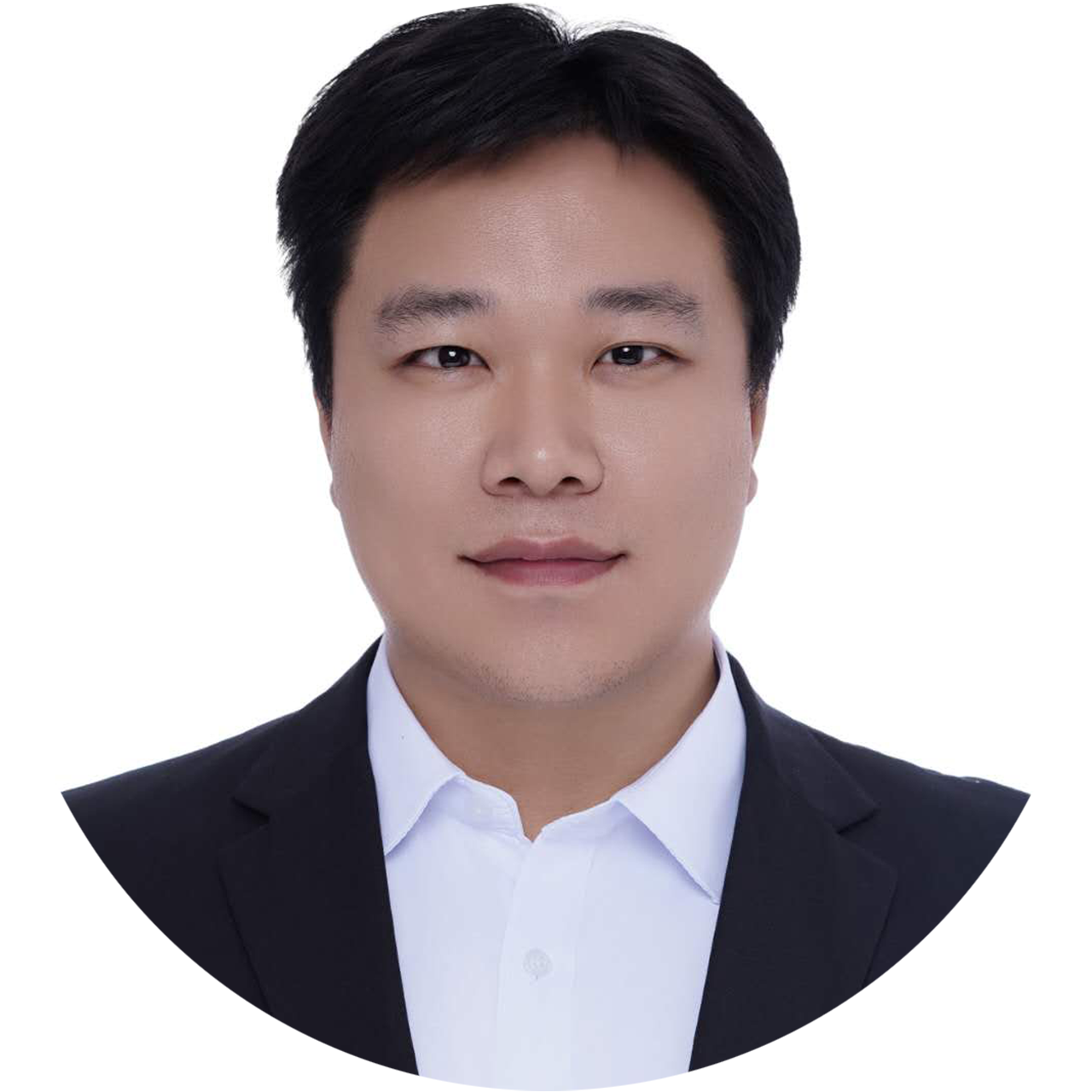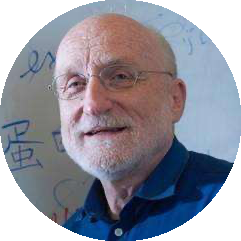Paola Roncada (Italy)
One Health Proteomics (10 min research+5 min future)
Abstract
The One Health framework, which emphasizes the interconnectedness of human, animal, and environmental health, has gained recognition as a holistic approach to addressing complex global health issues. Proteomics, the large-scale study of proteins, offers a powerful tool to explore the molecular underpinnings of health and disease across species and ecosystems. Recent advancements in applying proteomic technologies within the One Health paradigm, were done, highlighting how these methods can enhance our understanding of zoonotic diseases, antimicrobial resistance (AMR), and environmental contaminants affecting public health. Proteomics allows for the identification of biomarkers for early disease detection, monitoring of pathogen spillovers, and assessment of antimicrobial resistance mechanisms in both clinical and agricultural settings. Additionally, environmental proteomics reveals the impacts of pollutants and climate change on biodiversity, which in turn influences disease dynamics. Integrating proteomic data with genomics, metabolomics, and epidemiological findings across human, veterinary, and environmental sectors could lead to robust surveillance systems and more targeted interventions. This interdisciplinary approach supports the development of predictive models and precision health strategies, with the potential to transform public health responses globally. Further research should focus on standardizing methodologies, expanding cross-sectoral data sharing, and fostering collaborations to translate proteomic discoveries into practical One Health solutions. As global health challenges become more complex, integrating proteomics into the One Health initiative offers unparalleled opportunities to understand and address these interconnected issues.
References:
1: Roncada P, Modesti A, Timperio AM, Bini L, Castagnola M, Fasano M, Urbani A. One medicine--one health--one biology and many proteins: proteomics on the verge of the One Health approach. Mol Biosyst. 2014 Jun;10(6):1226-7. doi: 10.1039/c4mb90011a. Epub 2014 Apr 29. PMID: 24777557.
2: Tilocca B, Soggiu A, Iavarone F, Greco V, Putignani L, Ristori MV, Macari G, Spina AA, Morittu VM, Ceniti C, Piras C, Bonizzi L, Britti D, Urbani A, Figeys
D, Roncada P. The Functional Characteristics of Goat Cheese Microbiota from a One-Health Perspective. Int J Mol Sci. 2022 Nov 16;23(22):14131. doi: 10.3390/ijms232214131. PMID: 36430609; PMCID: PMC9698706.
3: Tilocca B, Greco V, Piras C, Ceniti C, Paonessa M, Musella V, Bava R, Palma E, Morittu VM, Spina AA, Castagna F, Urbani A, Britti D, Roncada P. The Bee Gut Microbiota: Bridging Infective Agents Potential in the One Health Context. Int J Mol Sci. 2024 Mar 27;25(7):3739. doi: 10.3390/ijms25073739. PMID: 38612550; PMCID: PMC11012054.
4: Tilocca B, Soggiu A, Musella V, Britti D, Sanguinetti M, Urbani A, Roncada P. Molecular basis of COVID-19 relationships in different species: a one health perspective. Microbes Infect. 2020 May-Jun;22(4-5):218-220. doi: 10.1016/j.micinf.2020.03.002. Epub 2020 Mar 17. PMID: 32194253; PMCID: PMC7102648.
5: Tilocca B, Soggiu A, Greco V, Sacchini F, Garofolo G, Paci V, Bonizzi L, Urbani A, Tittarelli M, Roncada P. Comparative proteomics of <i>Brucella melitensis</i> is a useful toolbox for developing prophylactic interventions in a One-Health context. One Health. 2021 Apr 23;13:100253. doi: 10.1016/j.onehlt.2021.100253. PMID: 33997237; PMCID: PMC8100217.
Bio
Paola Roncada is full professor of Microbiology and Animal Infectious disease at University Magna Græcia of Catanzaro, Italy. She obtained her Master Degree in Medicinal Chemistry at University of Milano in 1995 and the PhD in biochemistry at University of Sassari in 2001.
The results of Professor Roncada's research activity is reported in more than 118 publications in international journals with anonymous review (peer review), H index is 34 (Scopus 07.11.24) She is therefore the author or co-author of more than three hundred works, including communications to national and international congresses. Over the years, Professor Roncada has been particularly dedicated to studies of proteomics, a discipline that she has applied to the study of One Health approach, on microorganisms in the veterinary public health sector, applying advanced molecular methodologies to the etiopathogenetic and diagnostic study of diseases of medical-veterinary interest, even in animal models. He also applied proteomics by investigating phenotypic adaptations of microbiota and more in general microbial consortia in complex matrices, both animal and food of animal origin. It has also applied these methodologies in the field of veterinary reproduction and animal production, in the field of allergens and on animal models of diseases. She is involved in different international and national projects, as ERA NET, COST ACTIONS, AND EU KBBE, as listed. She was invited and keynote speakers in several international and national congress.

